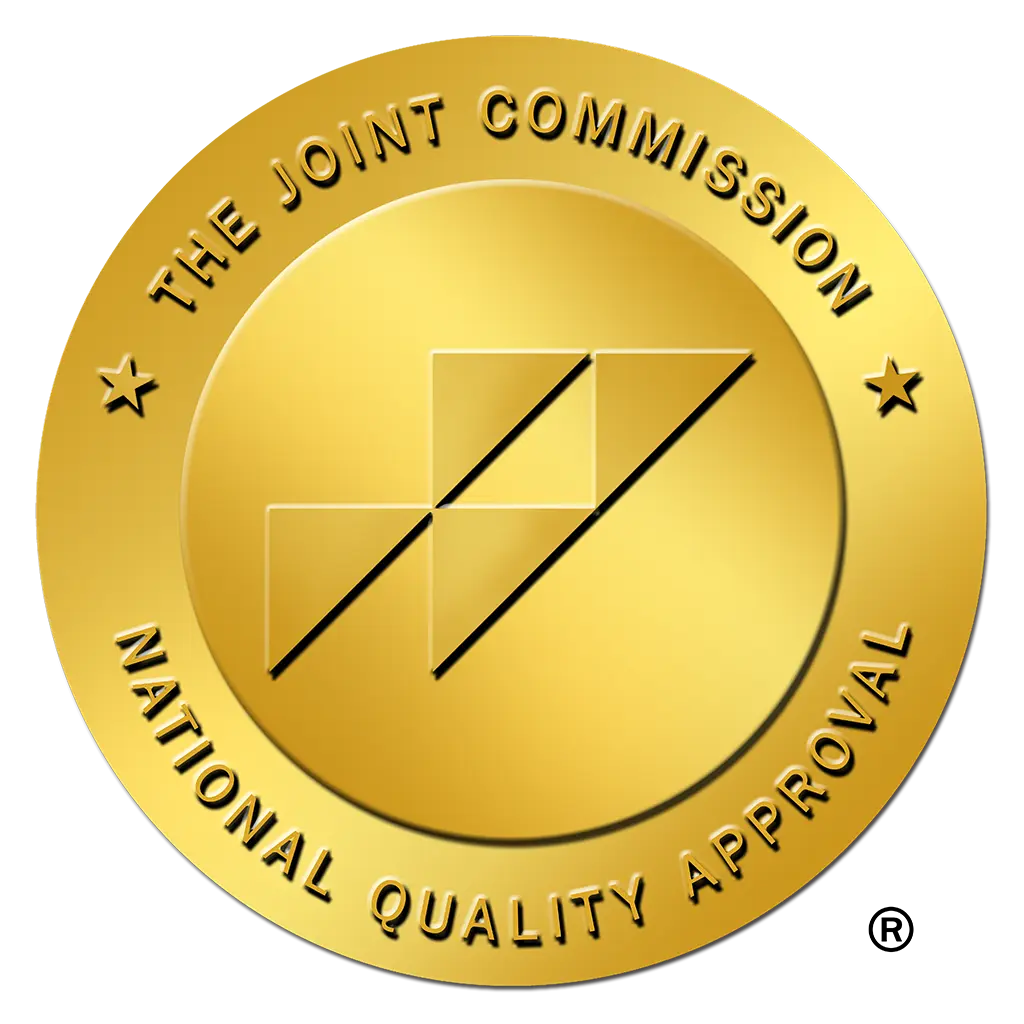Complex Trauma vs PTSD: Understanding the Key Differences and Treatment Approaches
Many people confuse complex trauma with PTSD, but understanding the differences can lead to more effective treatment.
What is PTSD? Post-Traumatic Stress Disorder (PTSD) results from experiencing or witnessing a single traumatic event, such as an accident, assault, or natural disaster. Symptoms include flashbacks, nightmares, hypervigilance, and avoidance.
What is Complex Trauma? Complex trauma involves prolonged or repeated exposure to traumatic events, often in situations where escape is difficult, such as childhood abuse or domestic violence. It affects emotional regulation, self-esteem, and relationships.
Key Differences
- Duration: PTSD often follows a specific event; complex trauma accumulates over time.
- Symptoms: Complex trauma may include dissociation, difficulty trusting others, emotional dysregulation, and identity issues.
- Treatment Approach: While both can be treated with therapy, complex trauma often requires specialized, trauma-informed approaches like EMDR or dialectical behavior therapy (DBT).
Understanding these differences ensures you receive the appropriate treatment tailored to your experience.







